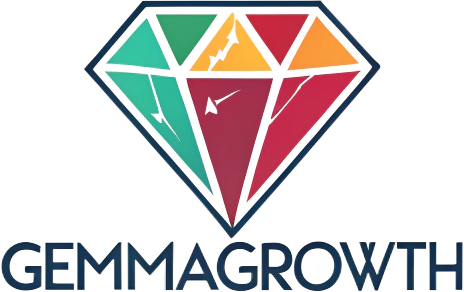Unlocking Business Success: The Essential Role of Market Research
In the world of business, knowledge is power. But what kind of knowledge? In an age where consumers are more empowered than ever, businesses need to stay ahead of the curve. Enter market research: the essential tool that not only unveils consumer behaviors but also unearths untapped opportunities. Whether you’re a startup or an established company, understanding the dynamics of your market can set you on the path to success.
Market research is akin to a treasure map. It helps you pinpoint where to dig for gold—be it in understanding customer preferences, evaluating competitor strengths, or identifying industry trends. It’s a crucial investment that can lead to informed decision-making and strategic planning.
So, what exactly does market research entail? At its core, it involves gathering and analyzing information about a market, including insights about the target audience, competitors, and the industry landscape. There are two primary types of market research: primary and secondary. Primary research involves gathering data directly from the source through surveys, interviews, or focus groups. Secondary research, on the other hand, relies on existing data from reports, studies, or industry publications.
For those on a tight budget, the beauty of market research is that it can be as inexpensive or as lavish as your wallet allows. DIY approaches to market research can be incredibly cost-effective. With tools like Google Forms for surveys or social media platforms for gathering opinions, businesses can collect valuable data without breaking the bank. Additionally, free resources like industry blogs and reports can provide insights that help shape business strategies.
Conversely, if you’re ready to splurge, luxury market research firms offer extensive, in-depth analysis that can deliver unparalleled insights. These firms utilize advanced methodologies and cutting-edge technology to provide detailed consumer profiles, competitor analysis, and market trends. This approach is perfect for businesses looking to launch a high-end product or penetrate a niche market.
But why is market research so critical? The answer lies in its ability to mitigate risks. Making decisions based on hunches or gut feelings can be tempting, but the consequences can be dire. A misstep in product development, pricing strategy, or marketing approach can lead to significant losses. By grounding decisions in solid research, companies can avoid pitfalls and maximize their chances of success.
Moreover, understanding psychological factors at play in consumer behavior can further enhance market research efforts. Insights into what motivates customers—whether it’s social status, emotional connection, or brand loyalty—can help tailor offerings that resonate deeply with target audiences. For example, research may reveal that consumers are more likely to purchase eco-friendly products because they feel a sense of responsibility towards the environment. This information can lead to branding strategies that highlight sustainability efforts, drawing in customers who value those principles.
Emerging trends in market research also indicate a shift towards more agile methodologies. Businesses are increasingly using real-time data and analytics to adjust their strategies on the fly. The integration of artificial intelligence and machine learning into market research is paving the way for more dynamic insights. Companies can now analyze consumer behavior in real-time, allowing them to respond to shifts in demand almost instantaneously.
In conclusion, market research is not merely a box to check off; it’s an ongoing process that is crucial for any business aspiring to thrive in today’s competitive landscape. Whether you’re utilizing budget-friendly methods or investing in high-end analysis, the insights gained can drive innovation, inform strategy, and ultimately, fuel growth. So, grab your metaphorical shovel and start digging; the treasure of market knowledge is waiting for you!

